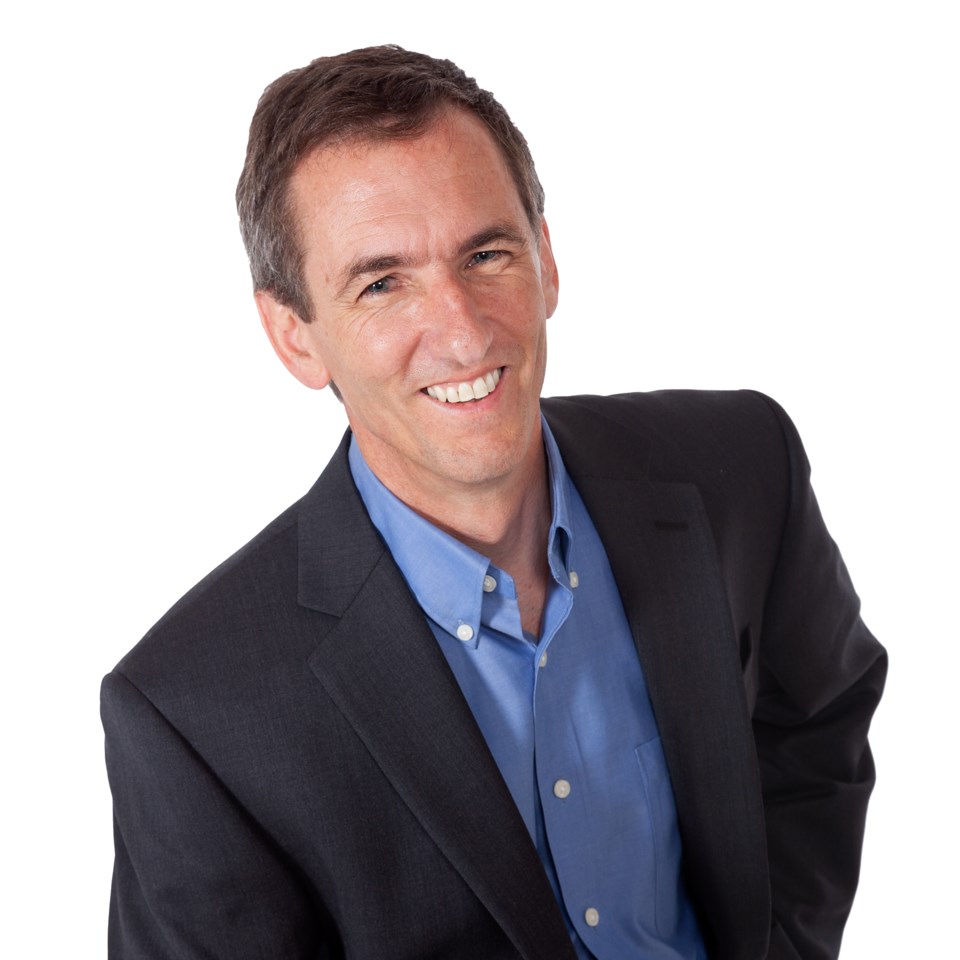Discussions about end-of-life planning aren’t always easy to broach—after all, who wants to confront their own mortality?
But a guest speaker at a recent Whistler Mature Action Community (MAC) event aims to ease people into what can be a very uncomfortable subject.
“In general, people don’t want to talk about dying, let alone talking about having degraded capability or chronic illness in aging or the whole concept of aging,” said Marc Seguin, author of Advocacy in Aging.
“So it’s about opening that conversation and planning for it.”
In his book, Seguin outlines his “five pillars” for doing just that: financial planning, power of attorney, downsizing, health care directives and gradual transitions.
“It’s a very difficult subject, so the goal was to make it an easy read, an easy concept to grab, with relatable stories and so on and so forth,” he said.
“I’m providing a simple framework for people who can say, ‘You know what, this makes sense.’”
For those who missed the virtual MAC session on Sept. 15, Seguin said the first step to making a plan is to be aware.
“A lot of people don’t like to talk about it, but it’s better to recognize it, accept it, and start being aware of the need to plan,” he said.
“So I basically say the time is now to put a comprehensive plan [in place], to build and nurture your team of advocates around you, to communicate yearly with your family and team, and to start the transition process.”
The monthly online guest speaker sessions are just one way MAC is keeping Whistler’s seniors connected during the COVID-19 pandemic, said chair Kathy White.
The local advocacy organization now has its own Facebook group (Whistler Mature Action Community) and even a WhatsApp group used to connect members with each other for things like hiking, golf and more, White said.
Members are also keeping busy with various other projects in the community, she said, including staying engaged with the rezoning process for 4500 Northlands Blvd.; participating in Arts Whistler’s LIFTing the community charity event; and preparing for National Seniors Day on Oct. 1 (which also coincides with MAC’s Annual General Meeting, which will be held online from 4 to 6 p.m.).
As it relates to the pandemic, members can reach out at whistlermac.org for things they may need help with, White said.
“Generally speaking, I would say our 55-plus community is very resourceful in finding answers to their questions on their own. They’re connecting with friends and family and community resources directly,” White said.
“We are there as a resource, but I think a lot of people have quietly kind of handled COVID on their own quite well.”
That said, MAC recognizes that the mental health of seniors is also important as the pandemic drags on, and a program run through the Whistler Community Services Society has helped in that regard.
Called Activate and Connect, the program has hosted monthly events like socially distanced group walks, art projects and guest speakers, White said.
“September we’re going for a walk at Lost Lake, October we’re going to tour the Audain—we’re trying to keep people engaged mentally, physically and to the best of their ability,” she said.
With a $24,418 grant from the Union of BC Municipalities, the Resort Municipality of Whistler is working on an age-friendly assessment and action plan that aims to help Whistler’s seniors age in place. An overall project report is expected in October (head to whistler.ca/agefriendly for more info).
The Whistler Community Foundation is also hosting a Vital Café session on Sept. 22 with a focus on aging well in Whistler—register for the event at whistlerfoundation.com/work/vital-signs.
With its membership growing to close to 400 members, MAC has moved to a free, by-donation membership model, White said, adding that she encourages everyone to join the virtual AGM on Oct. 1—and to consider the message in Sequin’s book.
“A lot of people in our community are in their late 40s to early 50s—are they planning ahead?” she said.
“Being positive and proactive about it will actually help alleviate a lot of that stress.”
Read more at advocacyinaging.com.




